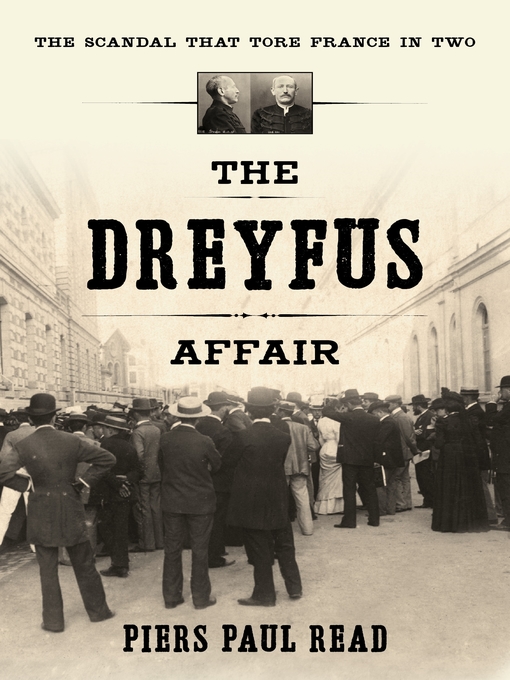July 20, 1894. The German Military Attache in Paris. Colonel Maximillien von Schwarzkoppen received a visit from a seedy-looking middle-aged Frenchman who would not give his name. He told Schwarzkoppen that he was a French army officer serving on the General Staff; that he was in desperate need of money; and was therefore prepared to sell military secrets to the Germans.
Captain Alfred Dreyfus, then aged 35, was a high-flying career artillery officer. Shy, reserved, sometimes awkward, but intelligent and ambitious, Dreyfus had everything he might have hoped for: a wife, two enchanting children, plenty of money and a post on the General Staff. However, Dreyfus' rise in the army had not made him friends. Many of them came from the impoverished Catholic aristocracy and disliked Dreyfus because he was rich, bourgeois and, above all, a Jew.
On October 13, Captain Dreyfus was summoned by the General de Boisdeffre to the Ministry of War. Despite minimal evidence against him he was placed under arrest for the crime of high treason. Not long afterwards Dreyfus was incarcerated on Devil's Island.
But how did an innocent man come to be convicted? And why was he kept locked up for so long?
The Dreyfus Affair uniquely combines a fast-moving mystery story with a snapshot of France at a moment of great social flux and cultural richness - the Belle Epoque, the Impressionists, novelists such as Flaubert, Zola, the Goncourts, Proust. It is a key to an understanding of later history; the Holocaust and Zionism: the virulent anti-Semitism of the anti-Dreyfusards and the decision that the Jews must have a state of their own.




